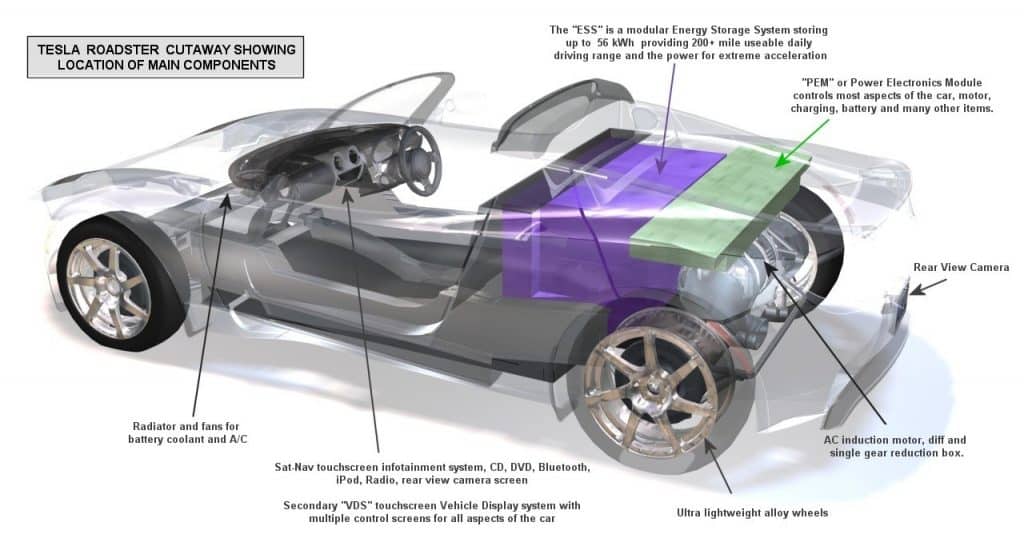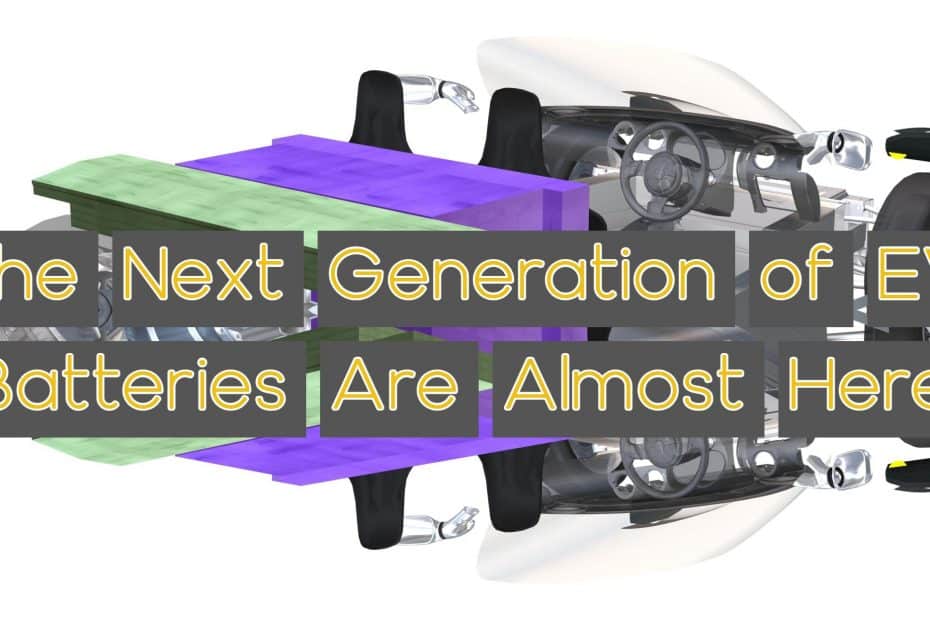As the world moves increasingly towards electric vehicles, carmakers are under pressure to create better batteries. Ford, GM, and Tesla are all working on new battery technologies that they hope will give them a competitive edge in the EV market.
Ford is investing in solid-state batteries, which have the potential to be much smaller and lighter than traditional lithium-ion batteries. The company is also working on a new type of EV battery that uses recycled materials.
GM is focusing on improving the range and charging time of its EVs. The company recently announced a new battery cell technology that it claims can charge an EV up to 80% in just 15 minutes.
Tesla, meanwhile, is working on several different battery technologies. One of these is a “million-mile” battery, which Tesla claims will last for over a million miles of driving. The company is also working on a new type of battery cell that it says will be cheaper and more efficient than current lithium-ion cells.
all three companies are making significant investments in electric vehicle batteries, and it’s clear that they see this as a key area of competition in the future. It will be interesting to see how these different technologies develop over time and which ones ultimately prove to be the most successful.

How Electric Vehicle Batteries are Changing
If you’re like me, you’re eagerly awaiting the day when electric vehicles (EVs) take over the world and we can finally leave gasoline engines in the past. But even if EVs are your thing, there’s no denying that one of their main drawbacks is their battery life. Thankfully, there are a few companies leading the charge on developing better EV batteries. In this post, we’ll take a look at what Ford, GM, and Tesla are doing to make our electric dreams a reality. Stay tuned!
Solid-State Batteries: Volvo’s EV Battery Approach
One of the most promising battery technologies being developed is the solid-state battery. As the name implies, a solid-state battery uses solid electrodes and electrolytes, as opposed to the liquid ones used in traditional lithium-ion batteries. This has a few advantages.
First, solid-state batteries are much more stable than their liquid counterparts. This means that they are less likely to overheat or catch fire (a serious problem with current EV batteries). Second, because they don’t use liquids, solid-state batteries can be made smaller and lighter. This would be a huge advantage for EVs, which are often criticized for being too heavy and bulky.
Ford is one of the leaders in solid-state battery research, and the company has said that it plans to use the technology in its EVs “in the near future.” Tesla, meanwhile, is also working on solid-state batteries, though it’s unclear when the company plans to deploy them.
Recycled Battery Cells Are As Good As New EV Batteries In a Shortage
Another interesting battery technology being developed by Ford is a new type of EV battery that uses recycled materials. The idea here is to take advantage of the fact that many lithium-ion batteries still have a lot of life left in them even after they’re no longer suitable for use in EVs.
By recycling these used battery cells, Ford hopes to be able to reduce the cost of making new EV batteries. The company is already using this technology in its Ford Fusion Hybrid and Lincoln MKZ Hybrid vehicles.
GM’s Fast-Charging Technology
GM is taking a different approach to battery development, focusing on making its EV batteries more efficient. The company recently announced a new battery cell technology that it claims can charge an EV up to 80% in just 15 minutes.
This is a significant improvement over current charging times, which can take hours for a full charge. GM says that the new cells will be available in its EVs “in the coming years.”
Tesla’s Million-Mile Battery: Leading The Future of Electric Vehicle Batteries (Again)
One of the most ambitious battery projects being worked on by Tesla is a “million-mile” battery. As the name implies, this is a battery that Tesla claims will last for over a million miles of driving. The company is also working on a new type of battery cell that it says will be cheaper and more efficient than current lithium-ion cells.
While Tesla’s million-mile battery is still in the early stages of development, the company has said that it plans to use the technology in its Semi truck, which is expected to go into production in 2019.
What’s Next?
As you can see, all three companies are making significant investments in electric vehicle batteries, and it’s clear that they see this as a key area of competition in the future. It will be interesting to see how these different technologies develop over time and which ones ultimately prove to be the most successful.
How New EV Batteries Can Last Longer, Drive Farther, and Solve the Looming EV Battery Shortage
The development of new EV batteries is crucial not only for the future of electric vehicles but also for the fight against climate change. EVs are significantly cleaner than gasoline-powered cars, and their emissions continue to drop as battery technology improves. However, one of their main drawbacks is their battery life. Thankfully, there are a few companies leading the charge on developing better EV batteries. In this post, we’ll take a look at what Ford, GM, and Tesla are doing to make our electric dreams a reality. Stay tuned!
Ford is working on a new type of EV battery that uses solid-state technology. This could potentially double the range of their EVs, and make them much cheaper to produce. GM is also working on solid-state batteries, but they’re taking a different approach. GM is using a “nanoparticle” approach which they say will result in a more stable battery.
Tesla, on the other hand, is focusing on improving the efficiency of its current battery technology. They’re also working on a new type of charger that can add up to 100 miles of range in just 15 minutes.
The Next Generation of EV Batteries Are Here
All of these advancements are vital if we want to see widespread adoption of electric vehicles. With longer ranges and faster charging times, EVs will be much more practical for everyday use. And as battery prices continue to fall, we’ll see even more people making the switch to electricity.
So, what do you think? Are you excited about the future of EVs? Let us know in the comments below!
